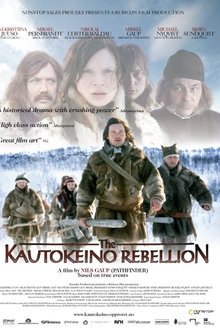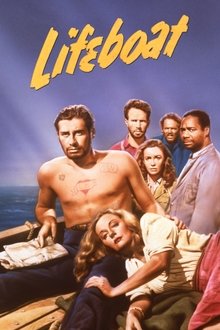Related Movies

An Event (1969)
A grandfather and his grandson go to a fair to sell a horse. A ranger and his vicious partner, Matijevic, follow them as they return home in order to rob them. The confrontation takes place in the forest.
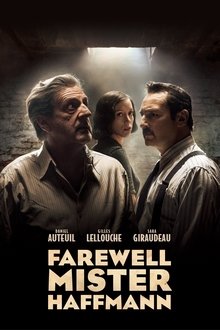
Farewell, Mr. Haffmann (2022)
Paris 1942. François Mercier is an ordinary man who only aspires to start a family with the woman he loves, Blanche. He is also the employee of a talented jeweler, Mr. Haffmann. But faced with the German occupation, the two men will have no other choice but to conclude an agreement whose consequences, over the months, will upset the fate of our three characters.

The Naked Brigade (1965)
A British girl is trapped on the island of Crete when the Germans invade it.

The Secret of Santa Vittoria (1970)
During World War II, Italian villagers hide their wine from the German army.

Death in Love (2008)
Death in Love is a psychosexual-thriller about a love affair between a Jewish woman and a doctor overseeing human experimentation at a Nazi German concentration camp, and the impact this has on her sons' lives in the 1990s.
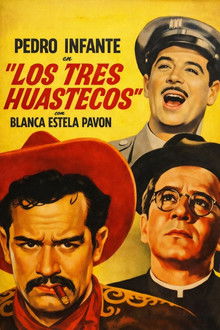
Los tres huastecos (1948)
This is the story of three brothers - a priest, a soldier, and an outlaw - that are raised separately by their godfathers once their mother dies. They cross their paths again when the soldier and the priest move into two towns near the town the outlaw lives in. The drama will unfold once the three brothers meet each other.

Love Gets a Room (2021)
January 1942, in Nazi-occupied Poland during World War II. Thousands of Jews have been confined to the Warsaw ghetto for more than a year. Outside, life goes on; inside, they struggle to survive another day. Still, on a cold winter night, a group of Jewish actors manage to stage a lively musical comedy.
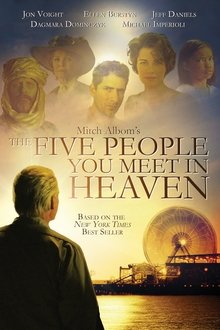
The Five People You Meet In Heaven (2004)
On his 83rd birthday, Eddie, a war vet and a maintenance worker at the Ruby Pier amusement park, dies while trying to save a girl who is sitting under a falling ride. When he awakens in the afterlife, he encounters five people with ties to his corporeal existence who help him understand the meaning of his life.
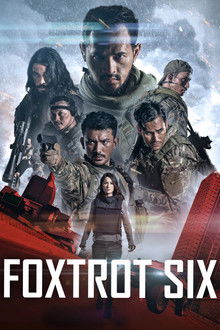
Foxtrot Six (2019)
Escalating climate change is turning the world economy upside down. With crops dying and food price spiking, FOOD has replaced oil as the world's most valuable commodity. Among the very few lands still left fertile, Indonesia is quickly rising as the next economic superpower, when its government is suddenly and ruthlessly overtaken by a popular rogue political party. In just three days, six former Marines must work together, find their long-lost brotherhood, stop a nationwide government- sanctioned genocide, and save millions of lives, for one last shot at redemption. Or die trying.

Resistance (2020)
The story of mime Marcel Marceau as he works with a group of Jewish boy scouts and the French Resistance to save the lives of ten thousand orphans during World War II.

YUKIKAZE (2025)
Just 80 years ago, the peaceful sea was a battlefield. Soldiers continued to fight, dreaming of returning home, and their families continued to pray and wait for their safety. What stories were there in each of their lives, and what were they each thinking?
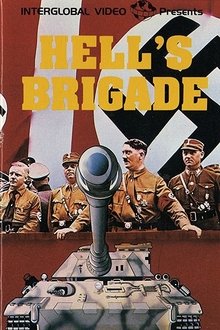
A Bullet for Rommel (1969)
During World War II, a tough officer organizes a commando raid into Germany.

Conquered City (1962)
Filmed in 1962 but not released in the US until 1966 (with 20 of its 108 minutes removed), Conquered City is an all-star World War II drama financed in Italy and filmed in Greece. An Athens hotel, full of refugees and expatriates of all nationalities, is captured by Allied troops in the closing days of the War. British Major David Niven has been ordered to prevent a cache of weapons hidden in the hotel from falling into the hands of renegade troops. He cannot allow himself to trust anyone--not even the most innocent-looking (or attractive) of guests. Originally titled La Citta Prigioniera. Conquered City was released in English-speaking countries outside the U.S. as Captive City.
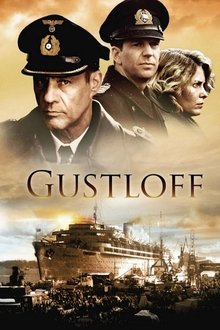
M/S Gustloff (2008)
Joseph Vilsmaier Two-part TV movie focuses on the tragic events surrounding the sinking of the Wilhelm Gustloff, a German passenger ship, at the end of World War II. On 30 January 1945, Captain Hellmuth Kehding was in charge of the ship, evacuating wounded soldiers and civilians trapped by the Red Army. Soon after leaving the harbor of Danzig, it was hit by three torpedoes from the Soviet submarine and sank in less than an hour.
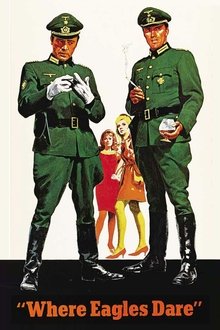
Where Eagles Dare (1968)
World War II is raging, and an American general has been captured and is being held hostage in the Schloss Adler, a Bavarian castle that's nearly impossible to breach. It's up to a group of skilled Allied soldiers to liberate the general before it's too late.

Hotel Effimero (2025)
Alicia and Leo travel to Italy, to their late mother's childhood village, guided only by a small box filled with her memories.
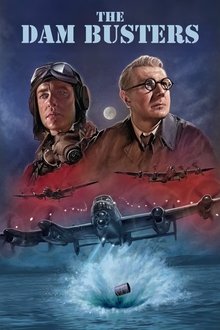
The Dam Busters (1955)
The story of the conception of a new British weapon for smashing the German dams in the Ruhr industrial complex and the execution of the raid by 617 Squadron 'The Dam Busters'.

